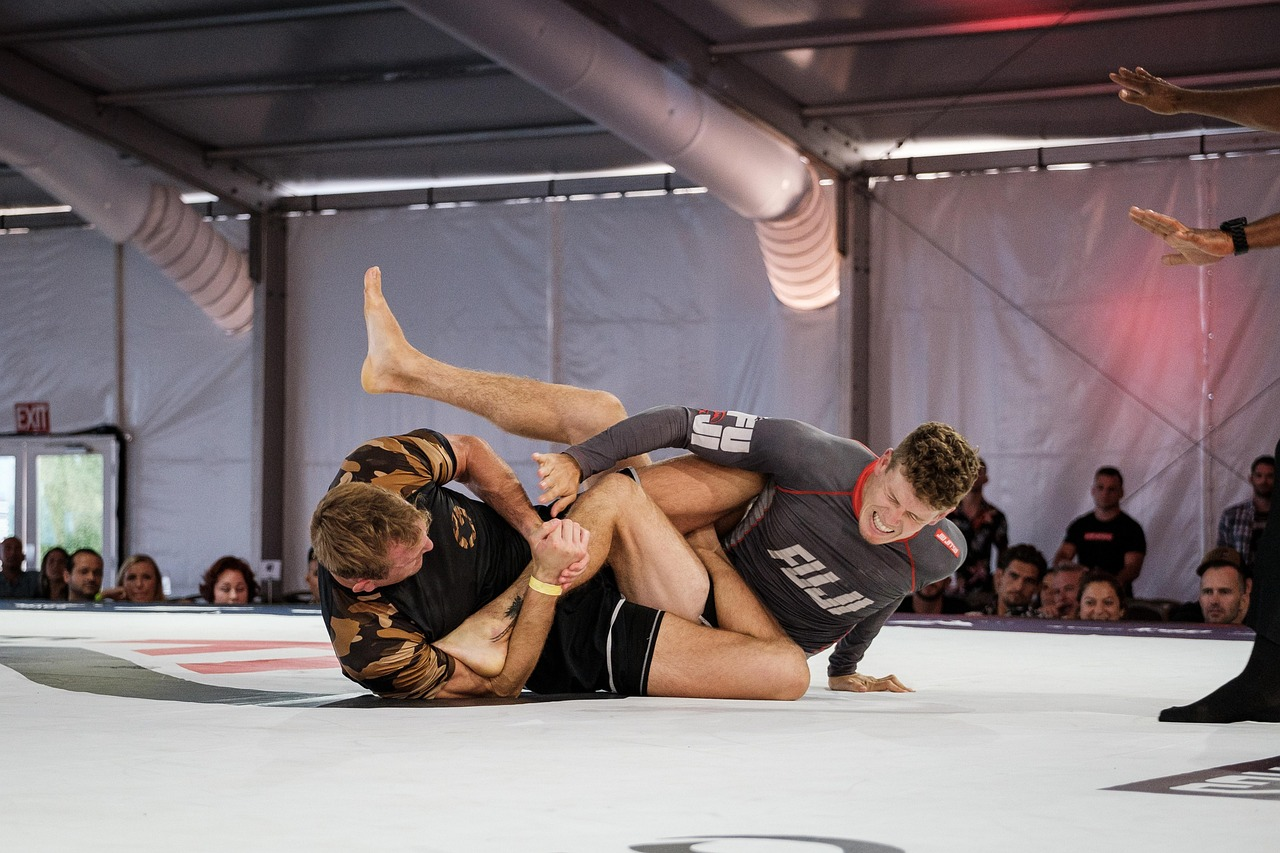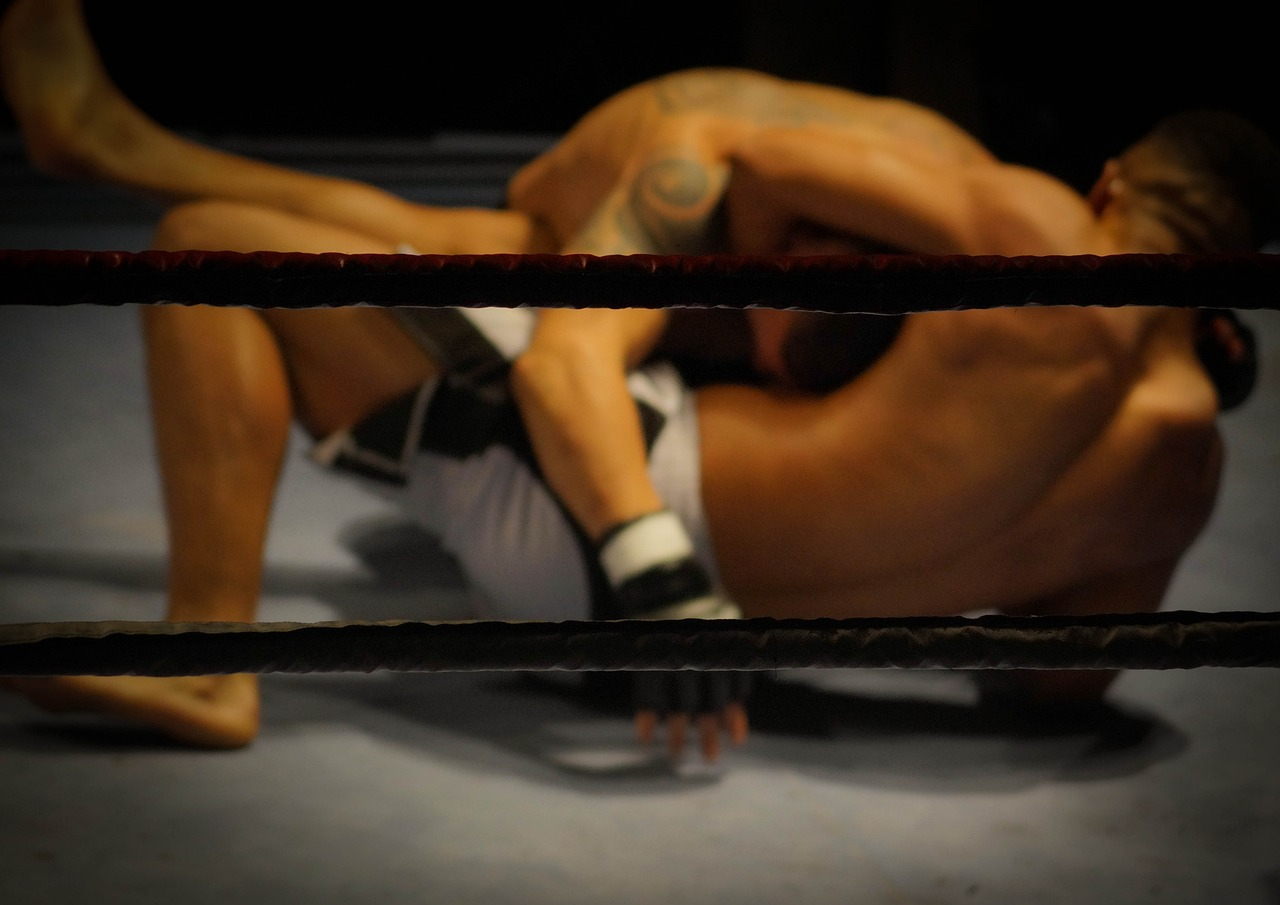Mental Toughness in MMA: How Champions Train Their Minds
Mental strength shapes fighters and guides them through intense battles and difficult training. Every top competitor knows physical ability alone is not enough, and mental discipline can be the difference between victory and defeat. They train their minds just as much as their bodies with strategies that help them push through exhaustion, doubt, and fear.
One of the biggest aspects of mental training is learning to stay focused under pressure. In the gym, the cage, or even outside competition, fighters develop techniques to control their emotions and reactions. In the world of competitive sports, where every detail matters, sports betting with crypto has gained popularity, because it offers fans new ways to engage while keeping an eye on the mental edge fighters display in high-stakes bouts.
The Role of Mindset in MMA
 MMA is not just about who is stronger or faster. It is a sport where a single mistake can end a fight instantly. The right mindset allows fighters to remain composed, think clearly, and execute their techniques with precision. Many top-level athletes use visualization, meditation, and controlled breathing to sharpen their focus before stepping into the cage.
MMA is not just about who is stronger or faster. It is a sport where a single mistake can end a fight instantly. The right mindset allows fighters to remain composed, think clearly, and execute their techniques with precision. Many top-level athletes use visualization, meditation, and controlled breathing to sharpen their focus before stepping into the cage.
The best ones also know how to handle adversity. A punch to the face, an opponent’s unexpected move, or a bad round can test the ability to stay calm. Developing mental toughness means accepting that setbacks will happen and knowing how to adjust instead of panicking. Champions train themselves to stay present, avoid dwelling on mistakes, and focus on the next move.
How to Train the Mind Like a Muscle
Strengthen the Mind Through Consistent Training
Fighters who dedicate time to mental exercises build resilience that allows them to handle pressure, fatigue, and adversity more effectively. Training the mind as seriously as the body prepares them for the unpredictable nature of MMA.
Meditate
Even a few minutes of focused breathing each day can improve concentration, reduce anxiety, and enhance emotional control. Practicing mindfulness allows fighters to remain present and prevent distractions from affecting their performance inside the cage.
Practice Visualization for Mental Readiness
Imagining themselves performing techniques flawlessly is a good technique for fighters to create a sense of confidence and readiness before the fight begins. This mental rehearsal allows them to build familiarity with different scenarios and makes their reactions sharper and more instinctive.
Study Fight Footage for Mental Preparation
Some fighters replay key moments in their minds, and analyze their movements as well as their opponents’. This approach helps them anticipate certain patterns, improve decision-making, and develop strategies based on past performances.
Way to Deal with Pressure and Anxiety
The fear of failure, the expectations from coaches and fans, and the adrenaline rush can all affect performance. Learning to manage these emotions is essential.
Develop a Routine
Many MMA professionals have specific rituals they follow before fights, whether it is listening to music, shadowboxing, or repeating affirmations. These routines create a sense of familiarity that makes it easier to stay calm and focused.
Embrace Discomfort
Fighters often push themselves in training to experience exhaustion and pain, which forces their minds to adapt. Repeatedly exposing themselves to tough situations allows them to become more comfortable in high-pressure moments.
The Importance of Emotional Control
MMA is an emotional sport. The highs of victory and the lows of defeat can be overwhelming. Fighters must learn to control their emotions and use them as fuel rather than distractions.
 Anger, fear, and frustration can cloud judgment and lead to reckless decisions. A well-trained mind recognizes these emotions but does not let them take over. Fighters practice staying composed and focusing on their techniques instead of reacting emotionally to their opponents.
Anger, fear, and frustration can cloud judgment and lead to reckless decisions. A well-trained mind recognizes these emotions but does not let them take over. Fighters practice staying composed and focusing on their techniques instead of reacting emotionally to their opponents.
This level of control extends beyond the cage. Mental toughness also helps handle criticism, setbacks, and personal struggles. Many train their emotional resilience through therapy, journaling, or talking with sports psychologists.
The Role of Coaches in Mental Development
Coaches push fighters beyond their limits and help them discover their true potential. They challenge them mentally in training and prepare them for the unpredictability of real fights. The best trainers also instill belief in their trainees and remind them of their strengths and progress.
Team culture also plays a role. Being surrounded by mentally tough training partners creates an environment where resilience is expected. Fighters learn from each other and adopt the habits and mindsets of those who have already reached the top.
In Conclusion
Fighters train their minds just as hard as their bodies because they know mental strength often determines the outcome of a fight. Through visualization, meditation, emotional control, and learning from failure, they build resilience that helps them in and out of the cage. True champions understand that mental toughness is a skill, one that requires constant effort and refinement. This skill is what separates the good from the great.
